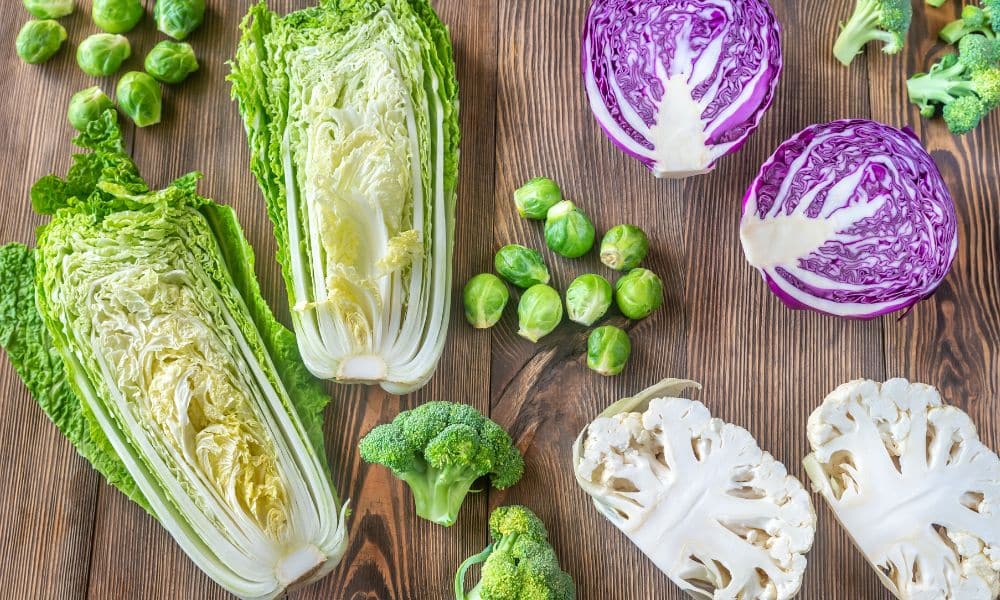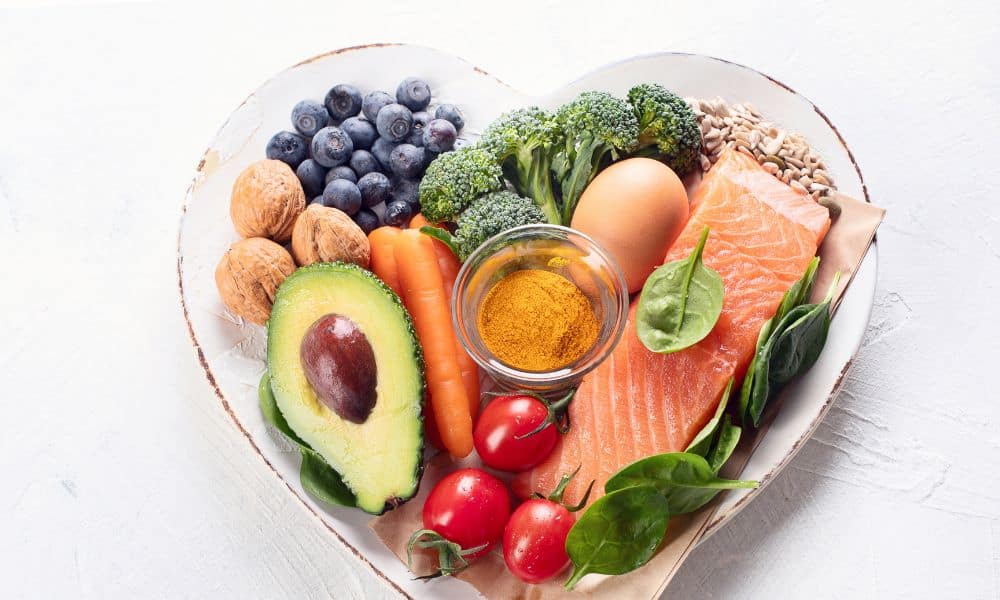What are the ten best cruciferous vegetables to improve health and fitness? Cruciferous vegetables are incredible superfoods with cancer-fighting properties and high levels of vitamins and minerals. This group of veggies is essential because the number of nutrients for each type of veg is much higher than any other plant-based group. This article looks at the ten best cruciferous vegetables to improve health and fitness.
1. Broccoli
Broccoli is a must-have in your daily diet to boost your immune system and strengthen your body. This cruciferous vegetable contains the highest vitamin C, folic acid, and vitamin A levels and tops the list for super vegetables.
2. Brussel Sprouts
Brussels sprouts are also one of the best cruciferous vegetables and broccoli. It offers vitamins A, C, and E, folic acid, and omega-3. It also has 2g of protein and fiber and only 6g of carbs.
3. Kale
Kale is a super veggie containing many essential vitamins and minerals such as vitamins A, C, K, and B6. In addition, kale also contains potassium, copper, and manganese. It is also low on carbs, as one cup of kale contains 33 calories. Whether served cooked or raw, its high nutrient content makes it an essential cruciferous vegetable for immunity, improving energy levels, and fitness.
4. Cauliflower
You can serve cauliflower raw or cooked, providing folate, vitamin B6, and potassium. We can also use cauliflower as a rice substitute. What is also impressive about this cruciferous vegetable is that it comprises 14mg of calcium. Because it is fat-free, cholesterol, and sodium-free, it is one of the best veggies to include in a balanced diet.
5. Cabbage
We commonly serve cabbage in its cooked form, but we could get more nutrition if we eat it raw. Along with the excessive amount of vitamins, cabbage includes antioxidants such as beta-carotene and choline, which are essential for cellular health and recovery.
6. Bok Choy
Bok Choy is an interesting cruciferous vegetable comprising 74mg of calcium and around 1g of protein. Its vitamin content includes vitamins C, K, A, folate, zinc, phosphorous, and magnesium. As a result, Bok choy helps strengthen the bones, naturally reduces high blood pressure, and improves heart health.
7. Radish
If you want to work on your energy levels and physical well-being, radishes are a cruciferous vegetable to include in your diet. While it may not be as high in vitamins as broccoli or cauliflower, it offers calcium, phosphorous, and antioxidants to support cardiovascular health.
8. Turnips
Turnips are part of the cruciferous vegetable group because they contain essential vitamins K, B1, B6, B3, B5, and C! It is also a quality source of omega-3 and protein that encourages powerful muscles, tissues, and overall health.
9. Watercress
If you consumed only 34g of watercress, you would receive 100% of your daily vitamin K requirements. Watercress belongs to the cabbage family and provides small amounts of thiamine, magnesium, potassium, vitamins B6, E, and folate.
10. Arugula
Arugula is a brilliant choice for getting fit because it only comprises 3.7 carbs and many vital vitamins and minerals. You can strengthen your body and achieve your wellness goals with its abundance of vitamins A, C, K, iron, folate, and calcium.
Final Word on Cruciferous Vegetables for Health and Fitness
Vegetables provide a great deal of balance to your diet. The best diets include vegetables. Experts consider vegetables a brain food. Even the keto diet requires you to eat carbohydrates for health. Vegetables provide the best carbohydrates since they contain low calories and high nutrients.
The best way to reach your fitness goals is to eat a healthy diet, drink plenty of water, use quality supplements, get 30 minutes of exercise each day, and consult your doctor about your health and fitness.




